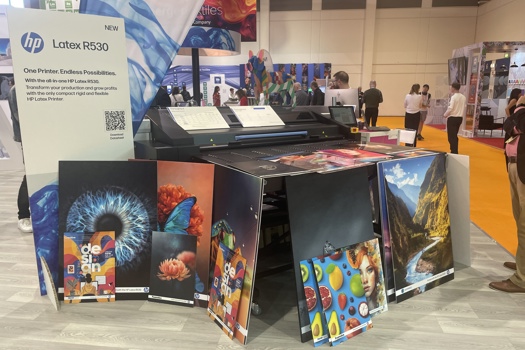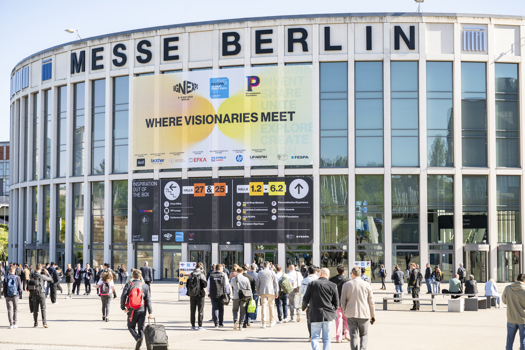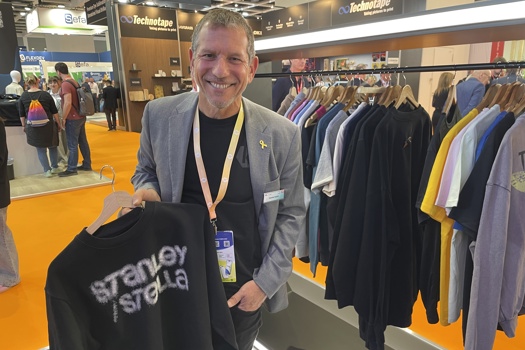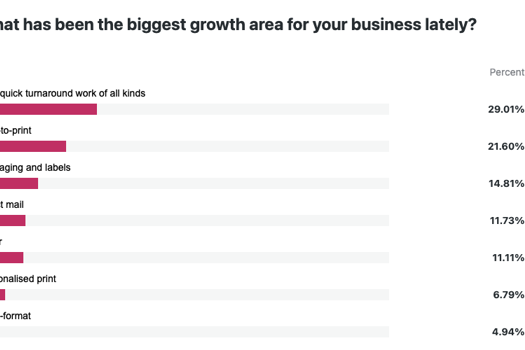It is perfectly obvious what the major trend was in the German printing industry last year. Not only did many print businesses pursue their expansion plans, but also on the supplier side there were several mergers and acquisitions. The aim of the suppliers was to consolidate production. That this development can so often work to the disadvantage of the end user is evident from the latest price increases for printing plates and paper. "Big is beautiful" or "the big have the power" - the trend towards growth had a great influence on events in the print industry.
What we recognise is the need for printing businesses to invest in new printing presses. "Arm yourself with production capacity" for the struggle to be able do the best job at the best prices. What we also recognise is the need for mergers and acquisitions, to improve production and service performance. But what the large German publishing houses, Axel Springer, Holzbrink, WAZ and Madsack, revealed shortly before Christmas, has blown everything that went before it out of the water. They don't want to take on increasing paper prices and, without further ado, want to build their own newsprint paper mill. The location of the plant: Russia. It rattled the cages of the Scandinavian manufacturers, who after the publishers' announcement, propelled paper prices even further upwards by reducing and, in some cases, halting production.
Up to 20% of the sale price of a regional newspaper goes straight back to the paper mill. From there, every price rise has a negative effect on the already strained situation in German newspaper printing. Around 50bn would be swallowed up by such a project. But up until now, the quality of Eastern European paper has not been adequate, therefore the only option is to build a new, modern plant. Three days before Christmas Eve, representatives from the publishing houses travelled to Moscow to make contact with Russian investors. They also turned to ex Chancellor Schrder to use his friendly relationship with Putin as a catalyst for the plan.
Whether something comes out of this project, or whether it was a just a big pre-Christmas business trip to the Russian capital, one thing is certain: with this public announcement the newspaper publishers now have a new reason to renegotiate prices with their current paper suppliers. And at the same time get themselves a better deal.
The only thing that might prevent the building of their own paper mill is that they don't want to finance it themselves. They would rather fund the construction through Russian investors and merely act as a customer of it. This plan could backfire, however. One only has to think about the Russian gas producers who recently cut off their Ukrainian customers when they refused to accept a five-fold price increase.
Andrea Botel
Editor, Druck & Medien
www.druck-medien.net






